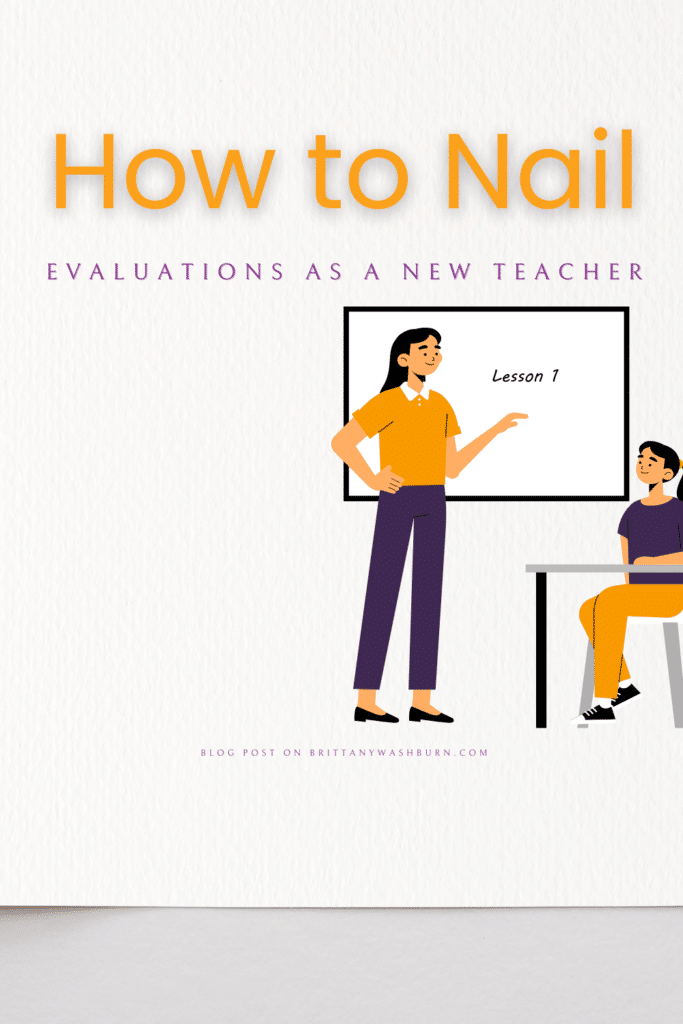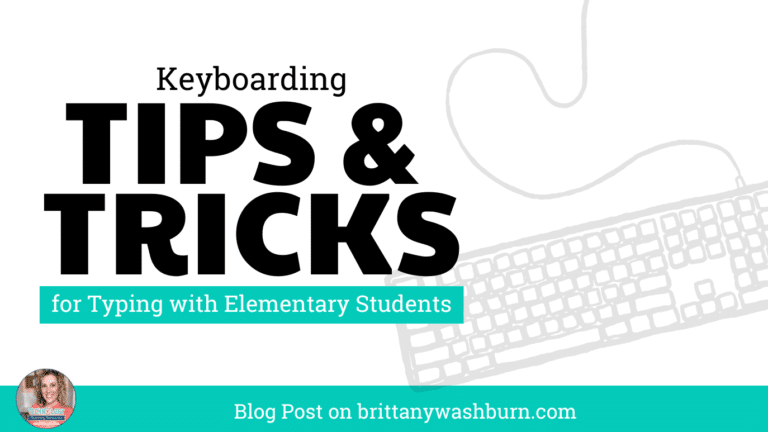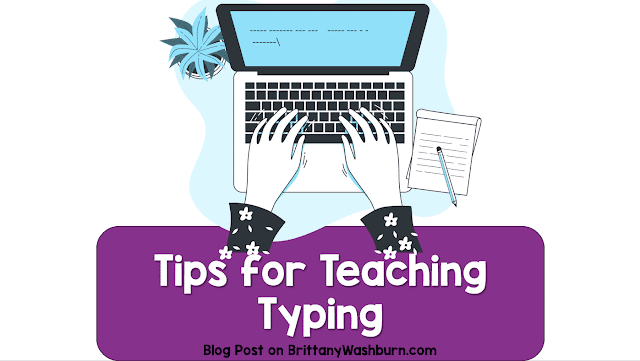How to Nail your Evaluations as a New Teacher
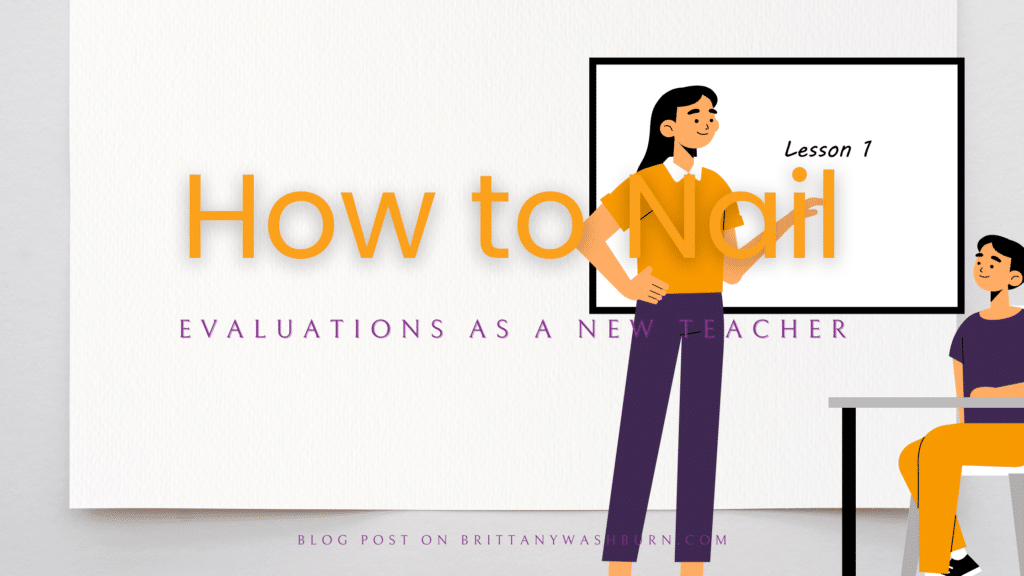
For new teachers, evaluations can be a daunting task. Not only do they need to showcase their skills in front of their students, but they must also prove their worth to administrators. However, evaluations are an essential component of a teacher’s growth and development. They provide an opportunity to receive feedback, reflect on instructional practices, and ultimately improve student outcomes. In this article, we will explore several strategies for how new teachers can excel during evaluations, from preparing effectively for classroom observations to using feedback to fuel ongoing professional development.
Understanding the purpose of evaluations
When you’re a new teacher, evaluations can be nerve-racking. However, understanding their purpose can help you prepare and approach them with confidence. Evaluations are designed to:
- Provide feedback on your teaching performance
- Identify areas of strength and areas needing improvement
- Help you grow professionally and develop your skills as a teacher
- Ensure that you are meeting the required teaching standards
- Determine your eligibility for continued employment or growth opportunities within your school or district.
Why evaluations are important for new teachers
Evaluations are especially important for new teachers because they provide a framework for growth and development. As a new teacher, you may feel overwhelmed, and evaluations can help you focus on specific areas of improvement. Additionally, evaluations can provide evidence of your teaching effectiveness, which can be used to advocate for your students, your classroom, and your career.
What administrators are looking for during evaluations
During evaluations, administrators are looking for evidence that you are meeting the standards and expectations set forth by your school, state, and district. They will be observing factors such as:
- Classroom management and organization
- Instructional planning and delivery
- Differentiation and personalized learning opportunities
- Assessment and data tracking
- Professionalism and communication with students, colleagues, and families.
Preparing effectively for classroom observations
Classroom observations are a critical component of evaluations. To prepare effectively, you should:
Creating a lesson plan that showcases your strengths
When planning your lesson, focus on your strengths as a teacher. Consider what you do well and what you’re passionate about. Incorporate activities, strategies, and resources that showcase your strengths, while still meeting the needs of your students and the objectives of the lesson.
Organizing your classroom for evaluation success
When preparing for evaluations, it’s essential to consider the physical organization of your classroom. A well-organized classroom creates a conducive learning environment for students, and it also shows evaluators that you are in control of the learning environment. Ensure that the classroom is clean and clutter-free, that student work and posters are displayed, and that instructional materials are readily accessible.
Planning for student assessment and data tracking
Assessment and data tracking are central to teaching, and they are also emphasized during evaluations. To plan effectively, you should:
Determining the right types of assessments for your students
When determining types of assessments, consider the needs of your students and the objectives of the lesson. Select assessments that provide meaningful data and create opportunities for growth and development. Some examples of assessments include quizzes, projects, essays, and presentations.
Analyzing and using student data to improve your teaching
After administering assessments, analyze the data to identify areas of student growth and areas of opportunity for both you and your students. Additionally, use the data to adjust your instruction and consider differentiation and personalized learning opportunities.
Communicating with administrators and colleagues
Effective communication with administrators and colleagues is essential during evaluations. To communicate effectively, you should:
Building strong relationships with evaluators
Building strong relationships with evaluators can help you feel more comfortable during evaluations and can also provide you with opportunities for professional growth and development. Attend professional development opportunities and reach out to evaluators for feedback and advice.
Collaborating with colleagues for support and feedback
Collaborating with colleagues can also provide you with support and feedback. Create a network of colleagues with whom you can discuss strategies and approaches, and with whom you can share successes and challenges. Collaboration can help you grow and develop as a teacher, and it can also provide you with emotional support during the evaluation process.
Using evaluations to reflect and improve instructional practices
Evaluations can be a daunting experience for new teachers, but they are an essential tool for growth and improvement. Rather than viewing evaluations as a critique of their abilities, new teachers should see them as an opportunity to reflect and improve their instructional practices. Evaluations provide valuable feedback that can help teachers identify areas of strength and weakness, develop a plan for growth, and enhance their teaching skills.
Analyzing evaluation feedback for growth opportunities
To make the most of evaluation feedback, new teachers should start by analyzing it with a critical eye. Rather than focusing solely on the ratings or scores, they should look for specific comments and suggestions for improvement. These comments can provide insight into areas where they may need to adjust their teaching strategies, such as classroom management, lesson planning, or student engagement.
New teachers can also use evaluation feedback to identify areas of strength and build on them. If they receive positive feedback in certain areas, they can use that as a foundation for further growth and development. For example, if they receive high marks for creating a positive classroom environment, they can explore ways to further cultivate a sense of community among their students.
Developing a plan for ongoing professional development
Once new teachers have analyzed their evaluation feedback, they can use it to develop a plan for ongoing professional development. This plan should be tailored to their specific needs and goals, and may include attending workshops or conferences, seeking mentorship or coaching, or taking online courses or certifications.
New teachers should also seek out opportunities for collaboration and feedback from their colleagues. They can observe other teachers in their school, participate in professional learning communities, or seek out a mentor who can provide guidance and support. By constantly seeking out feedback and opportunities for growth, new teachers can continue to evolve and improve their instructional practices over time.
In summary, evaluations are an important tool for new teachers to reflect, improve, and grow their instructional practices. By analyzing feedback, identifying areas of strength and weakness, and developing a plan for ongoing professional development, new teachers can become more effective and successful educators.
By understanding the purpose of evaluations, preparing effectively, planning for assessment, communicating with evaluators, and using feedback for growth, new teachers can navigate the evaluation process with confidence. Remember, evaluations are not just about proving your worth as a teacher, but also about continuously improving your practice to ensure student success.
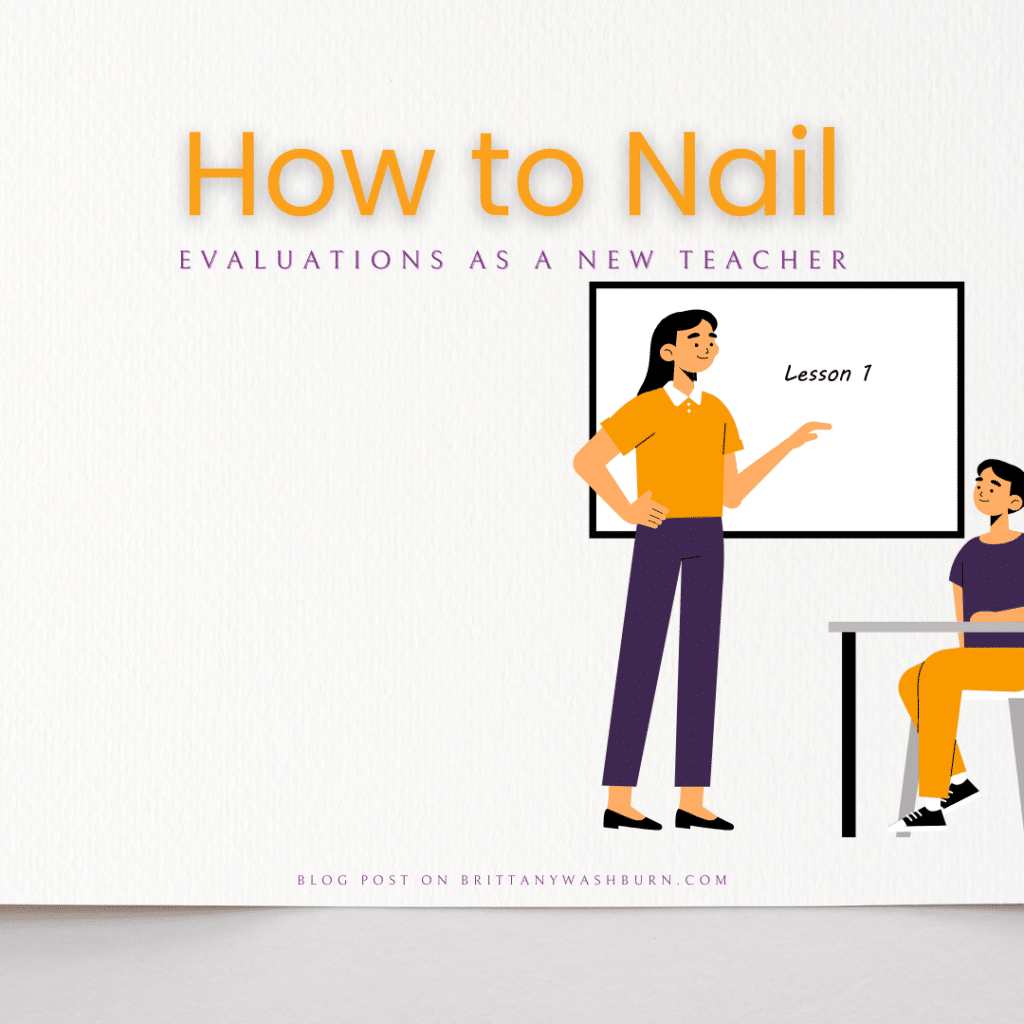
FAQ
How can I prepare for a surprise evaluation?
While it may seem impossible to prepare for a surprise evaluation, there are several strategies you can use to be ready at all times. Keep your lesson plans organized and consistent, and make sure your classroom is always clean and welcoming. You can also practice being observed by a colleague or mentor, which can help you feel more comfortable and confident during an actual evaluation.
What should I do if I receive negative feedback during an evaluation?
It’s important to remember that feedback is an opportunity for growth, even if it is negative. Take the time to reflect on the feedback and see if there are any changes you can make to improve your teaching. Consider speaking with your evaluator or a mentor to get more specific feedback and support.
How often should I be evaluated as a new teacher?
Most new teachers will be evaluated at least once per year, though this may vary depending on your school district and position. It’s important to review your district’s policies and procedures to ensure you understand when and how evaluations will take place.
What should I do if I disagree with my evaluation?
If you disagree with your evaluation, you can request a meeting with your evaluator or a higher-up administrator to discuss your concerns. However, it’s important to approach this meeting in a professional and respectful manner, and be prepared to provide evidence to support your disagreement. Keep in mind that evaluations are subjective, and while you may not agree with the feedback you received, it can still be a valuable learning experience.
